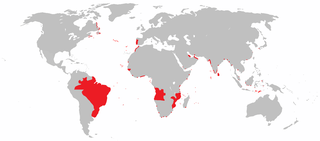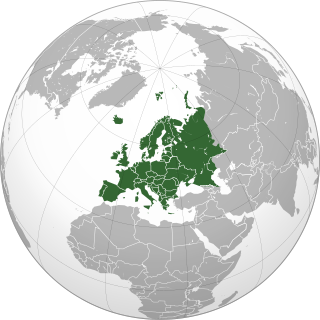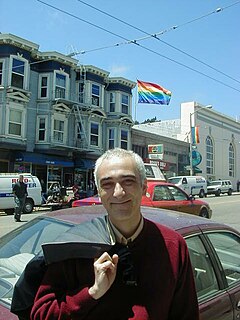| Total population | |
|---|---|
| Unknown 149,982 retain one of PALOPs nationalities [1] (about 1.3% of Portugal's population, possibly much higher) | |
| Regions with significant populations | |
| Lisbon metropolitan area, Algarve, Porto Metropolitan Area | |
| Languages | |
| Portuguese various African languages and Portuguese creoles | |
| Religion | |
| Predominantly Roman Catholicism, Afro-Portugueses religions, Protestantism, Sunni Islam and Irreligious minorities | |
| Related ethnic groups | |
| Afro-Brazilians, Cape Verdeans in Portugal, Angolans in Portugal |
Afro-Portuguese, African-Portuguese, or Black Portuguese are Portuguese citizens or residents of Portugal with total or partial ancestry from any of the Sub-Saharan ethnic groups of Africa. Most of those perceived as Afro-Portuguese trace their ancestry to former Portuguese overseas colonies in Africa.

Portugal, officially the Portuguese Republic, is a country located mostly on the Iberian Peninsula in southwestern Europe. It is the westernmost sovereign state of mainland Europe, being bordered to the west and south by the Atlantic Ocean and to the north and east by Spain. Its territory also includes the Atlantic archipelagos of the Azores and Madeira, both autonomous regions with their own regional governments.

Sub-Saharan Africa is, geographically, the area of the continent of Africa that lies south of the Sahara. According to the United Nations, it consists of all African countries that are fully or partially located south of the Sahara. It contrasts with North Africa, whose territories are part of the League of Arab states within the Arab world. The states of Somalia, Djibouti, Comoros and the Arabic speaking Mauritania are however geographically in sub-Saharan Africa, although they are members of the Arab League as well. The UN Development Program lists 46 of Africa’s 54 countries as “sub-Saharan,” excluding Algeria, Djibouti, Egypt, Libya, Morocco, Somalia, Sudan and Tunisia.

Africa is the world's second largest and second most-populous continent, being behind Asia in both categories. At about 30.3 million km2 including adjacent islands, it covers 6% of Earth's total surface area and 20% of its land area. With 1.2 billion people as of 2016, it accounts for about 16% of the world's human population. The continent is surrounded by the Mediterranean Sea to the north, the Isthmus of Suez and the Red Sea to the northeast, the Indian Ocean to the southeast and the Atlantic Ocean to the west. The continent includes Madagascar and various archipelagos. It contains 54 fully recognised sovereign states (countries), nine territories and two de facto independent states with limited or no recognition. The majority of the continent and its countries are in the Northern Hemisphere, with a substantial portion and number of countries in the Southern Hemisphere.
Contents
Alternatively, Afro-Portuguese may also refer to various populations of Portuguese descent, to various degrees, living throughout Africa, often speaking Portuguese or Portuguese creole, the Luso-Africans or Portuguese Africans, often also adopting Portuguese cultural norms, from which the Black Portuguese population in Portugal often derive.
Luso-Africans are people of mixed Portuguese and African ancestry who speak Portuguese. Vast majority of Luso-Africans live in former Portuguese Africa, now referred to as Lusophone Africa, i.e. modern countries of Angola, Guinea-Bissau, Cape Verde, Mozambique, São Tomé and Príncipe, as well as Cabinda of DR Congo and parts of Equatorial Guinea. A sizable number of Luso-Africans have also settled in Portugal where they form a racial minority. This ethnic identity arose from the sixteenth century as primarily male Portuguese settlers, often Lançados, settled in various parts of Africa, often marrying African women.
Portuguese Africans are Portuguese people born or permanently settled in Africa. The largest Portuguese African population lives in Portugal numbering over 1 million with large and important minorities living in South Africa, Namibia and the Portuguese-speaking African countries .The descendants of the Portuguese settlers who were born and "raised" locally since Portuguese colonial time were called crioulos. Much of the original population is unnumbered having been assimilated into Portugal, Brazil, and other countries.















